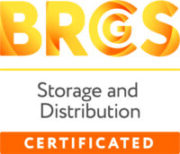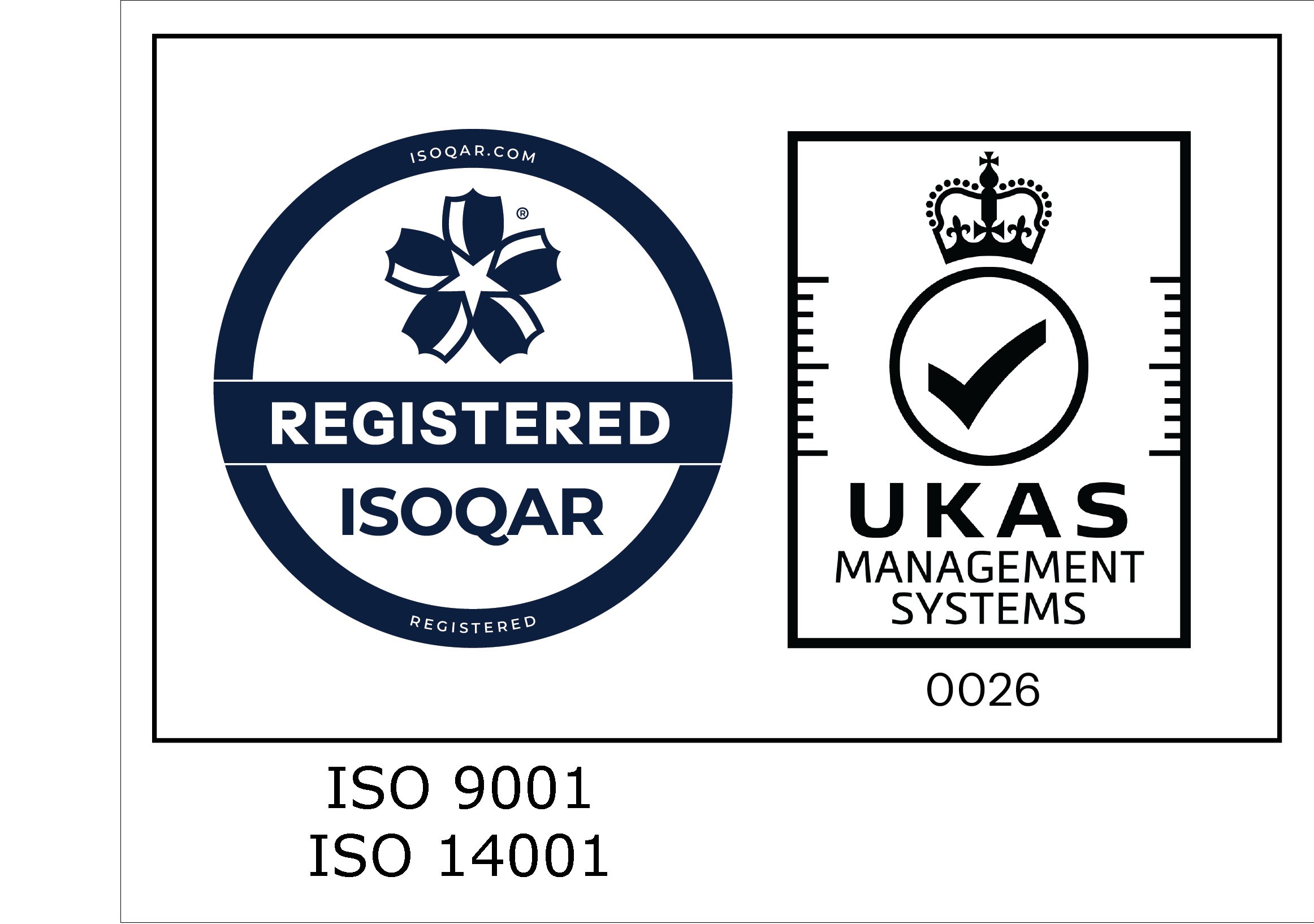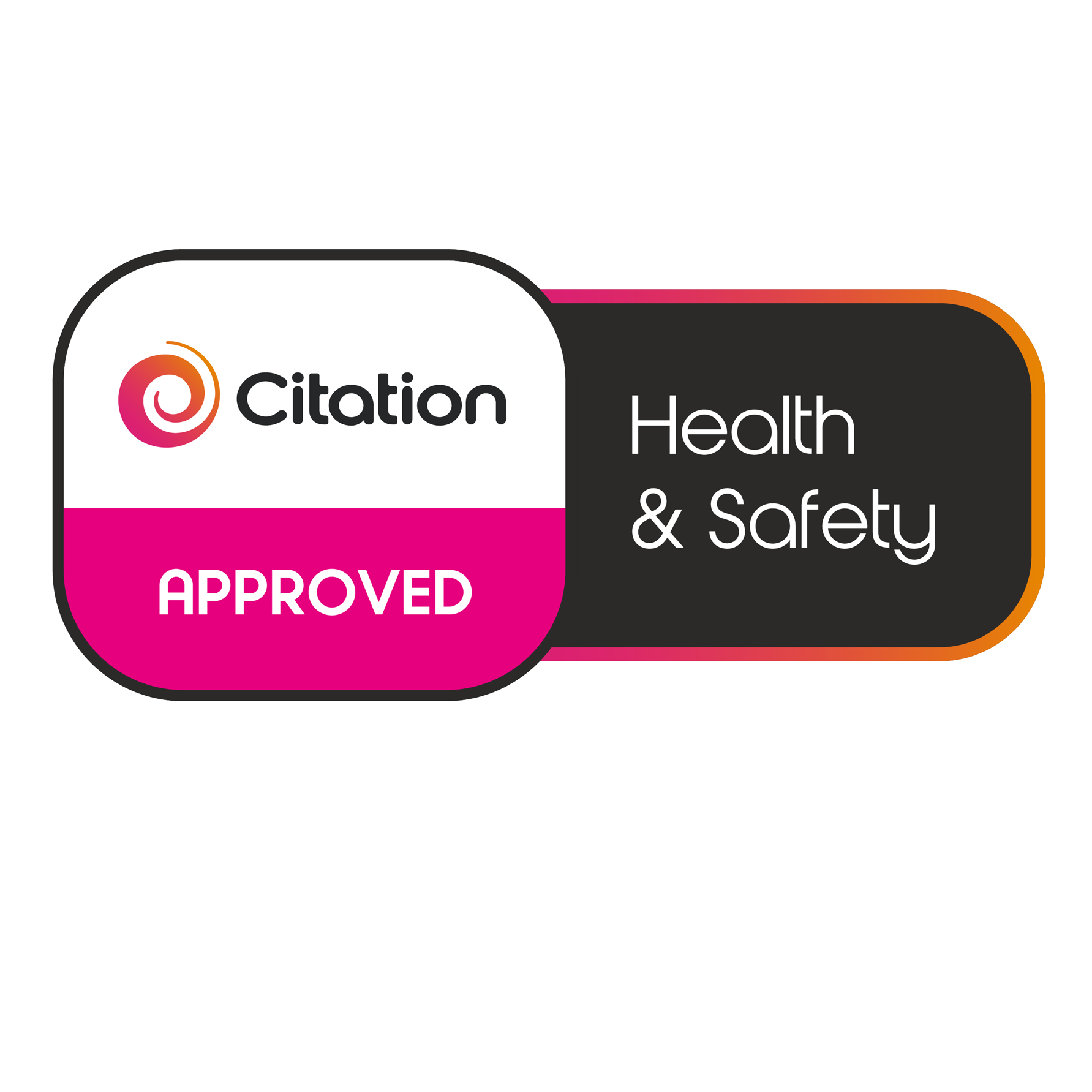
The packaging industry is evolving, and changes are coming in April 2025. If your business relies on plastic packaging, it’s crucial to understand how the Plastic Packaging Tax (PPT) increase will impact your costs and compliance requirements. Here’s a guide on what you need to know.
What is the Plastic Packaging Tax (PPT)?
Introduced in April 2022, the PPT is a UK government initiative designed to reduce plastic waste and encourage the use of recycled materials. It applies to plastic packaging that contains less than 30% recycled content, with businesses required to pay a tax per tonne of non-compliant packaging.
What is Classified as Plastic?
Under PPT regulations, plastic refers to materials predominantly made of synthetic polymers. This includes:
✅ Single-use plastics like film and wrappers
✅ Rigid plastic containers and packaging
✅ Composite materials with plastic as the largest component by weight
Some exemptions apply, such as medical packaging and reusable plastic transport containers. However, most plastic packaging used in retail, logistics, and food industries falls under the tax scope.
What’s Changing in April 2025?
From 1st April 2025, the Plastic Packaging Tax rate will increase from £217.85 per tonne to £223.69 per tonne. This rise means businesses using non-compliant plastic will see higher costs, making it essential to explore sustainable alternatives before the deadline.
Who Needs to Comply?
You must register and pay PPT if your business:
- Manufactures or imports more than 10 tonnes of plastic packaging per year.
- Uses packaging with less than 30% recycled plastic.
Even if your business is not directly liable for PPT, you may still be affected through supply chain costs. Prices will likely have to increase to cover the higher tax, affecting businesses further down the supply chain.

How to Reduce Your Plastic Packaging Tax Liability
With the April 2025 increase on the horizon, businesses can take proactive steps to minimise costs and improve sustainability:
✅ Switch to Packaging with 30%+ Recycled Content – This ensures you are exempt from the tax.
✅ Explore Alternative Materials – Consider biodegradable, compostable, or paper-based solutions.
✅ Optimise Packaging Design – Reduce unnecessary plastic use to lower overall consumption.
✅ Work with Sustainable Suppliers – Source eco-friendly packaging to future-proof your business.
Act Now to Stay Ahead of the Changes
The 2025 Plastic Packaging Tax increase will significantly impact businesses using plastic packaging. By adopting sustainable solutions now, you can avoid rising costs, improve compliance, and support environmental responsibility.
At Kingfisher Packaging, we offer a range of tax-compliant, sustainable packaging solutions to help your business stay ahead of the curve. Get in touch today to find the right alternative for your needs!
Contact us now to discuss your options.
Call: +44 (0)1823 653400
Email: sales@kingfisherpackaging.com




